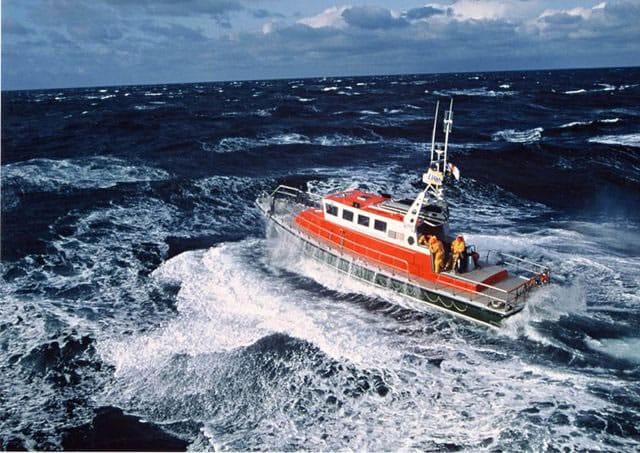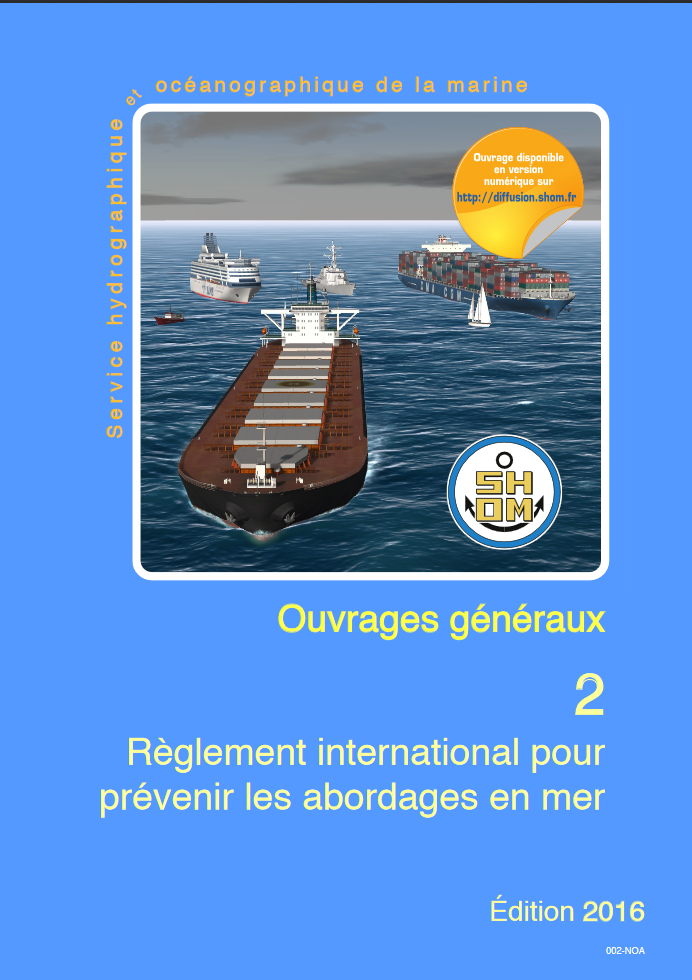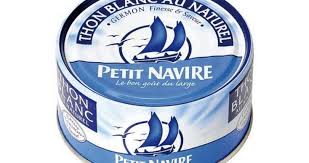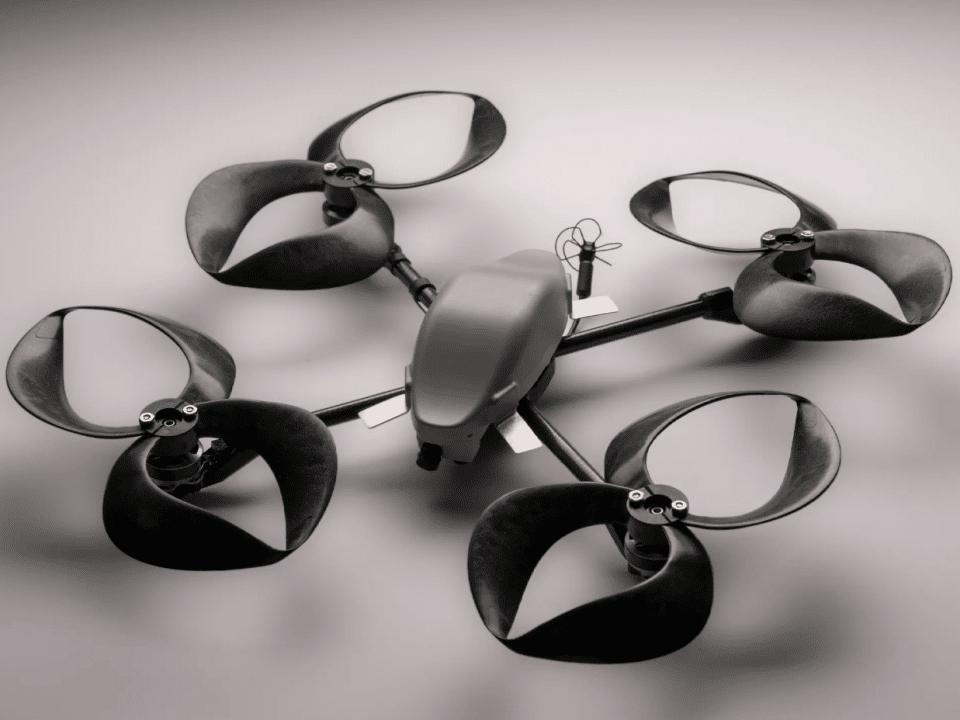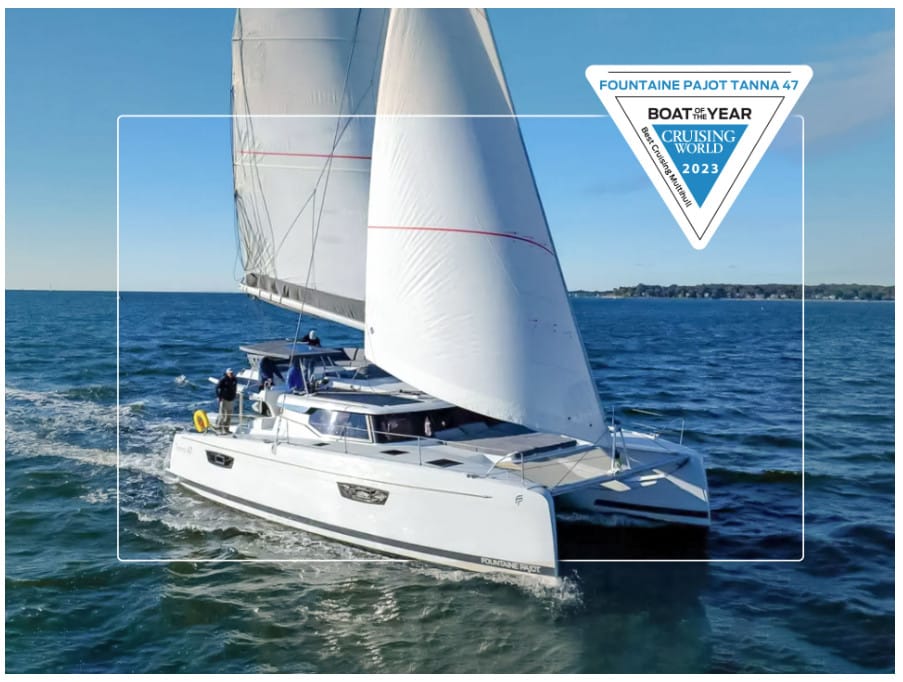Petit Navire is the French leader in canned tuna. This well-known French brand is the one that communicates most with consumers and takes care of its image. You’re probably familiar with their TV commercials, in which a small sailboat returns to port after a long and fruitful day’s fishing… Well, the reality of this company is quite different, and a far cry from the artisan fisherman.
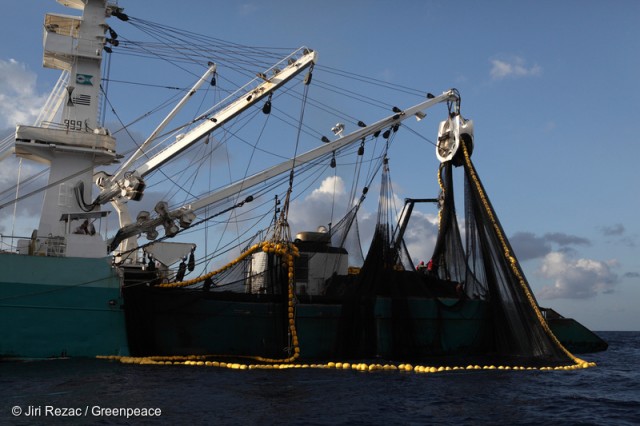
Behind France’s number one, the global giant in the tuna and seafood business
Petit navire is owned by MW Brands, the European subsidiary of Thai giant Thaï Union Group. This company is a tentacular group. It supplies tuna to markets all over the world: the United States, Southeast Asia, the United Kingdom, Italy, France… Thaï Union produces one in five cans of tuna worldwide. 30% of Thaï Union’s revenues are generated on the European market. The group has annual sales of $3.4 billion, and is aiming for $8 billion by 2020.
The Group’s size and the volumes of fish involved make it a company whose activity has a direct impact on the balance of marine ecosystems on a global scale.
The excesses of the tuna industry
Today, the global tuna industry is out of control, and its profits are based on over-intensive fishing, practices that destroy the marine environment and, in some cases, disregard for workers’ rights, even going as far as forced labor. The Thai Union group does not limit its activities to the tuna business. He also sells shrimps and pet food made from fish, for example. The Associated Press revealed this yearthrough a lengthy investigation that Thai Union subcontractors were using fish caught by slaves as raw material for processed products.
Thai Union and its brands must change their policies and practices
As the world’s number one producer of canned tuna, and owner of some of the biggest brands, including Petit Navire, Thai Union has a responsibility to apply the highest possible environmental and social standards throughout its supply chain, and to ensure that they are applied by all its subcontractors. Thailand, home to Thai Union’s headquarters and part of its industrial activities, has been shown the yellow card by the European Commission for failing to implement an effective regulatory framework to combat illegal fishing. This is a warning, and if it isn’t heeded, it could mean the closure of the European market to Thai fish products. Thaï Union therefore operates in a context where fishing practices that respect people and oceans are far from guaranteed.
